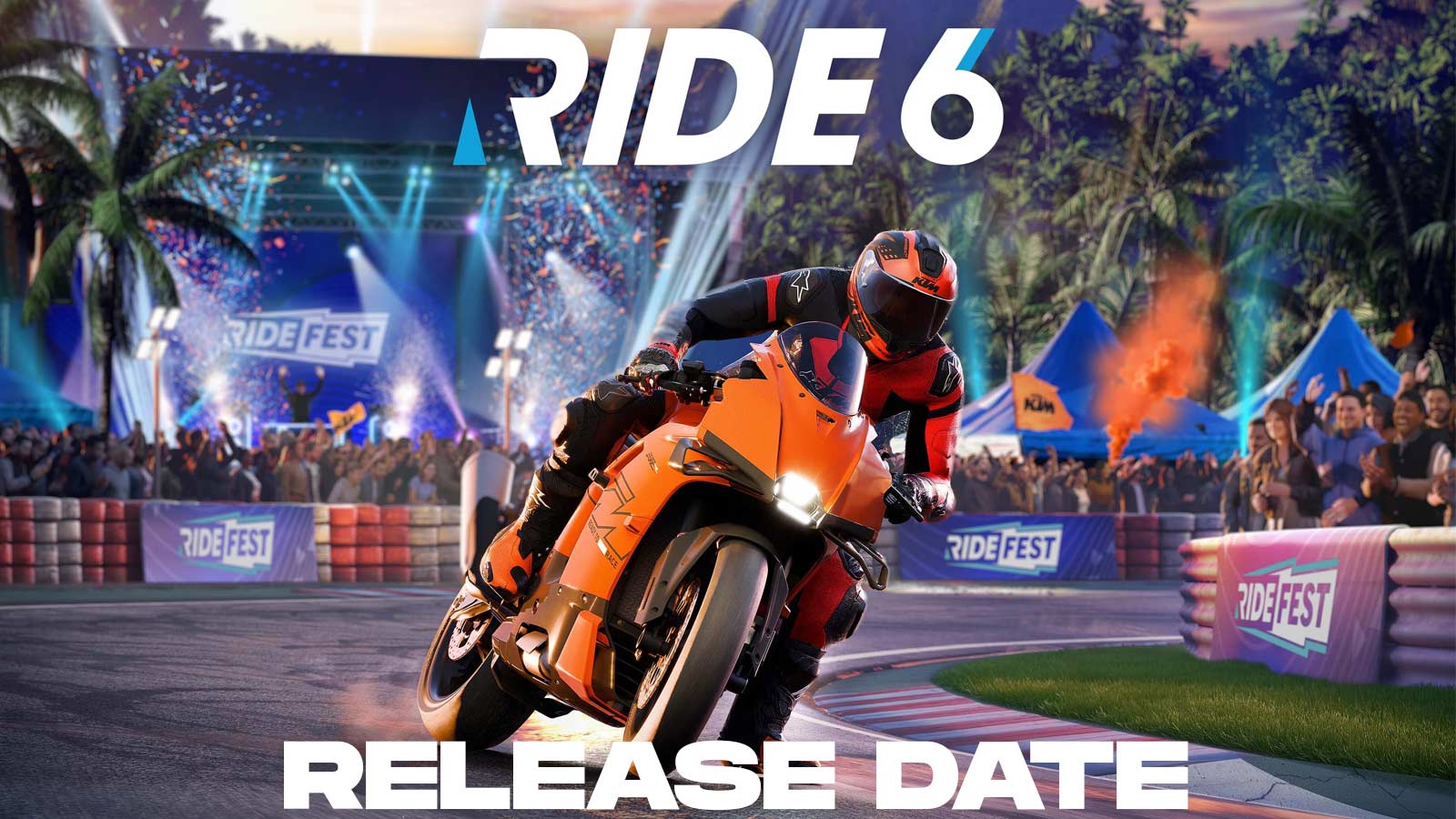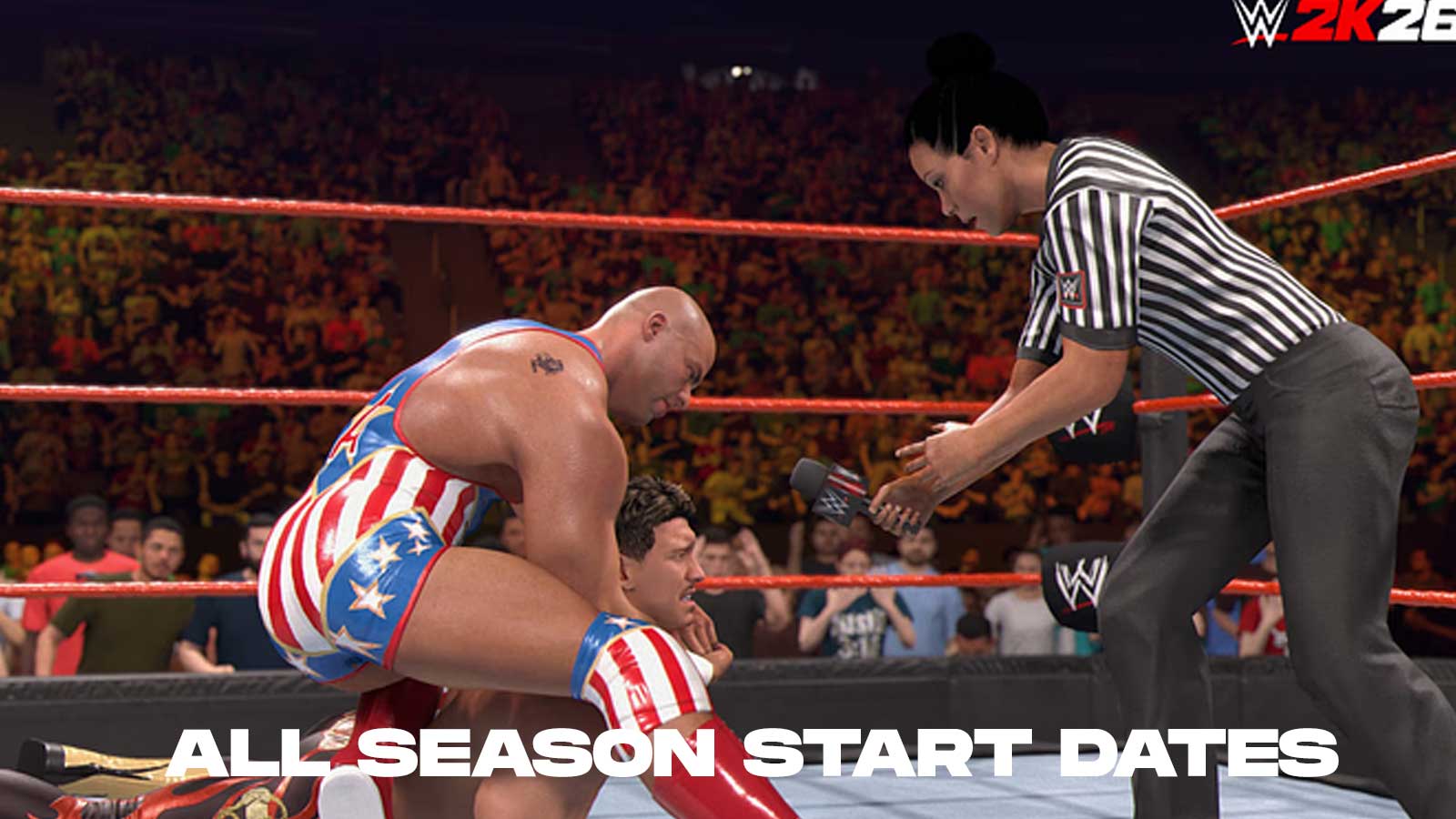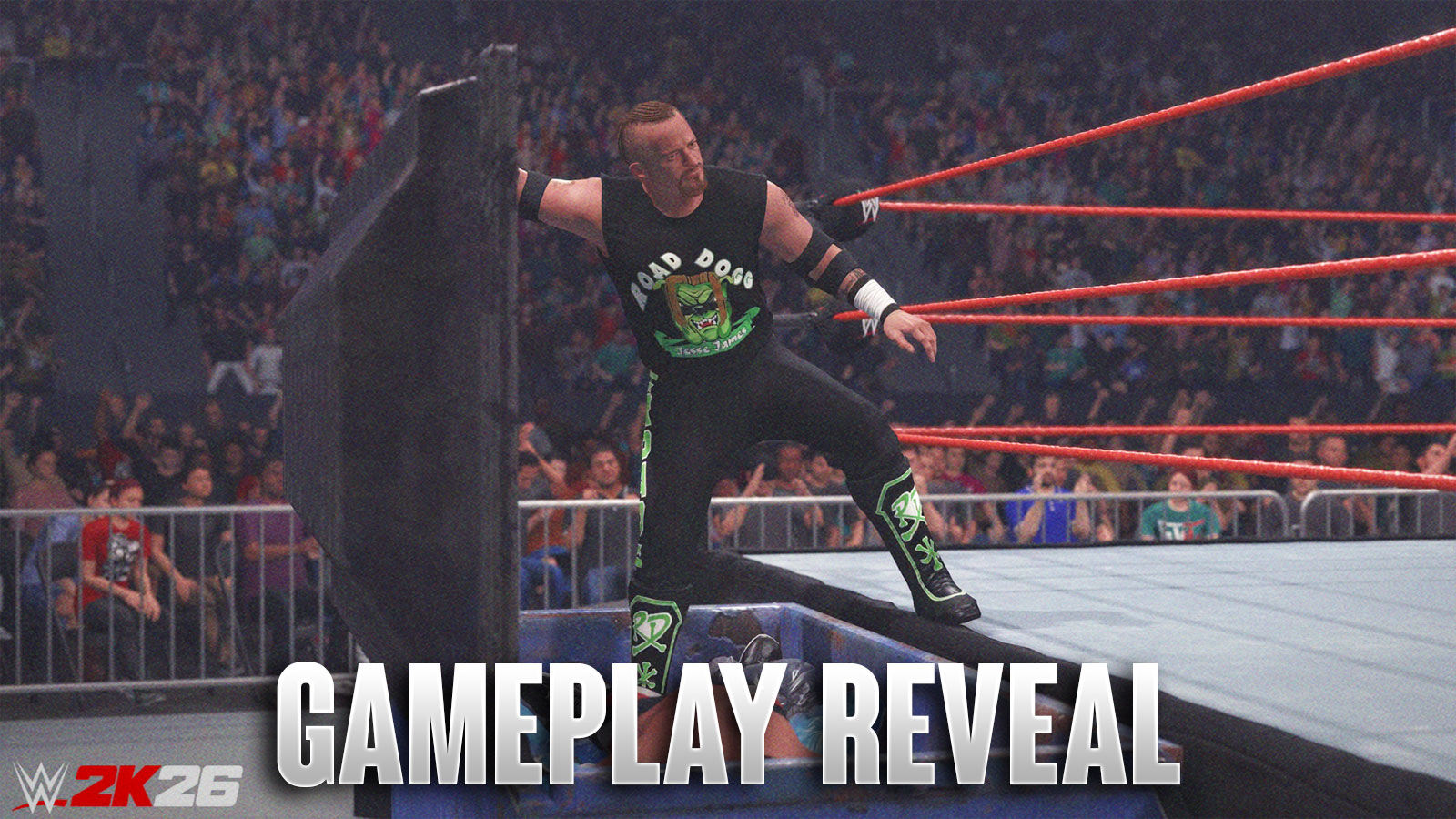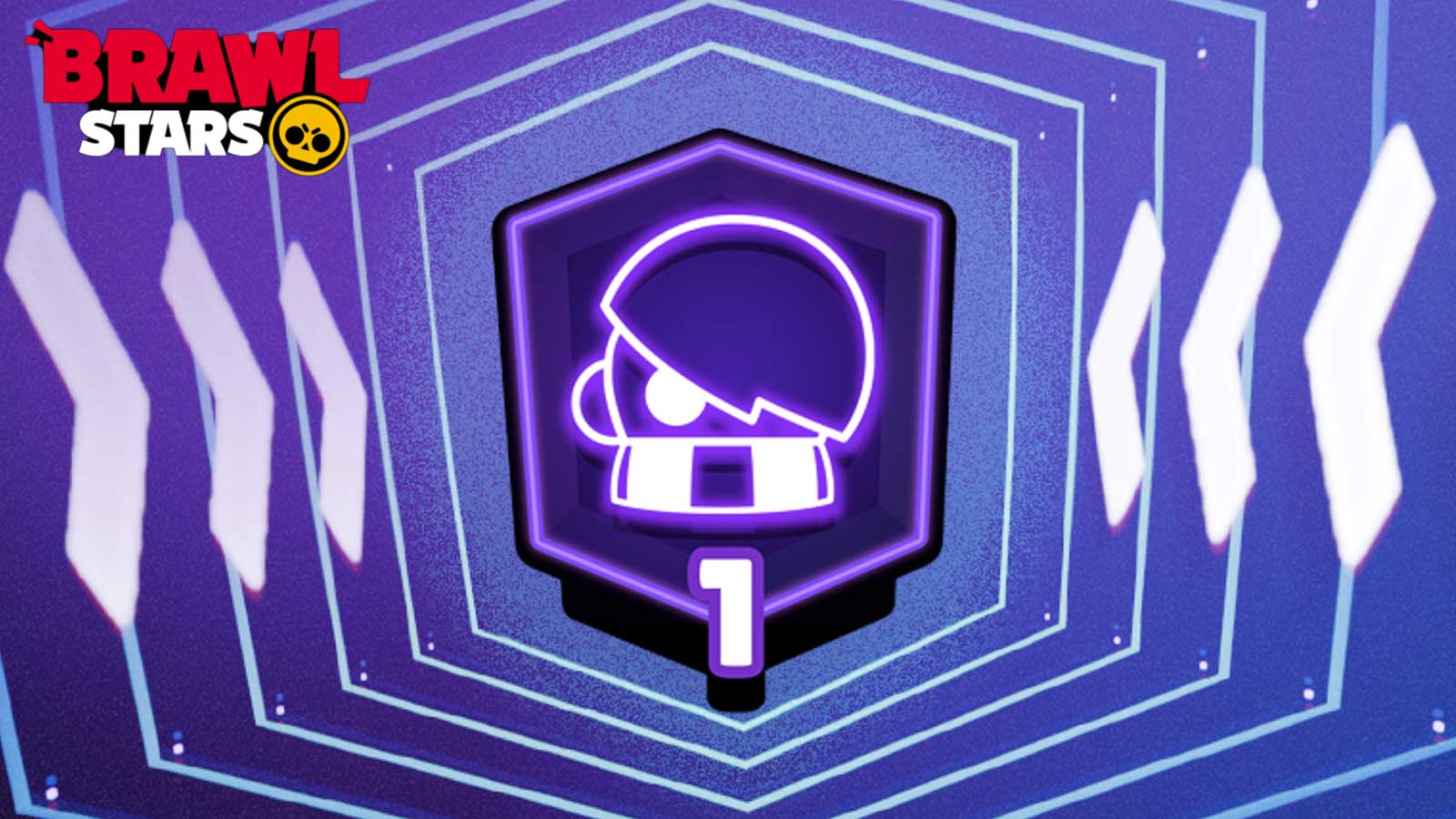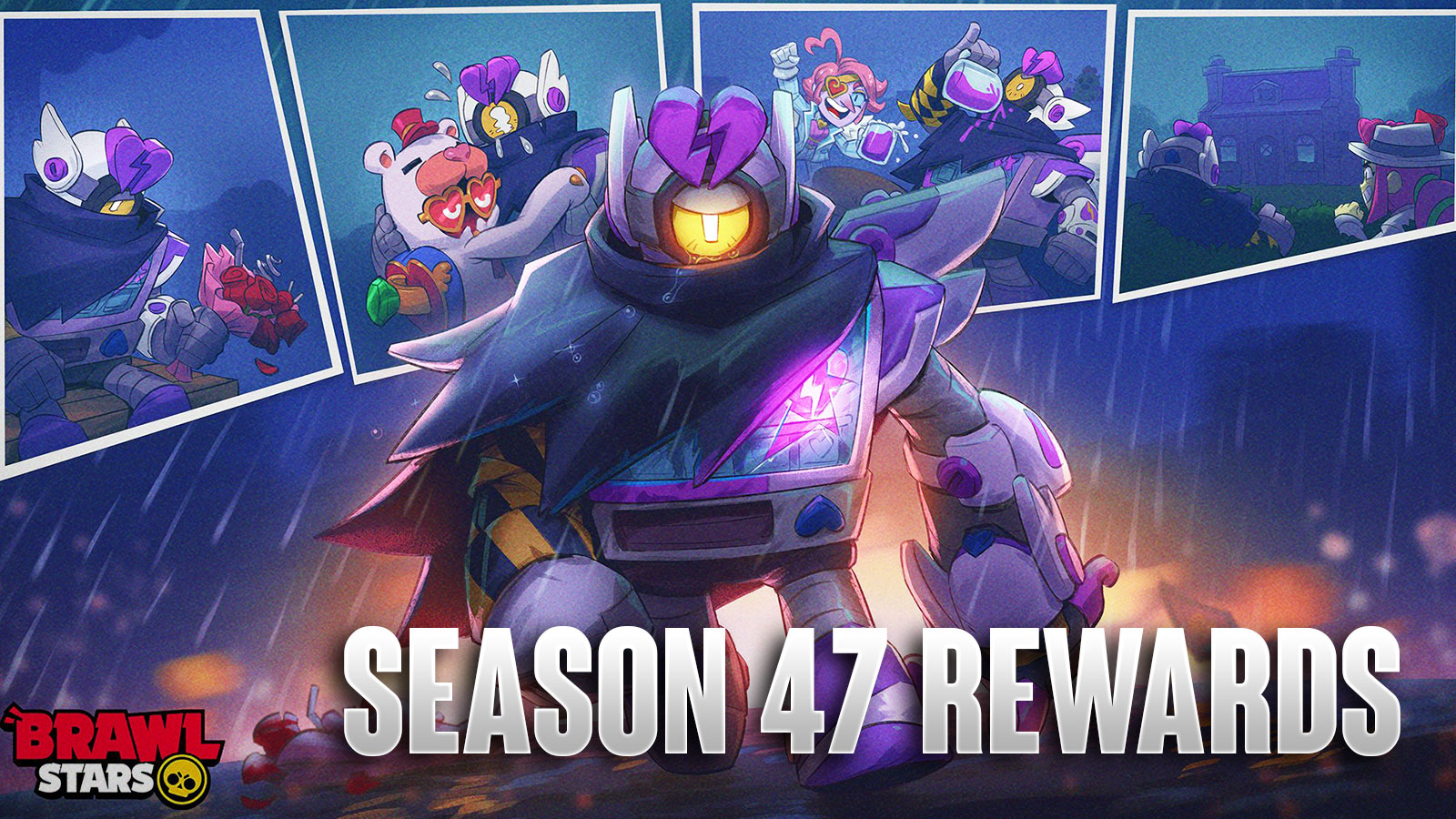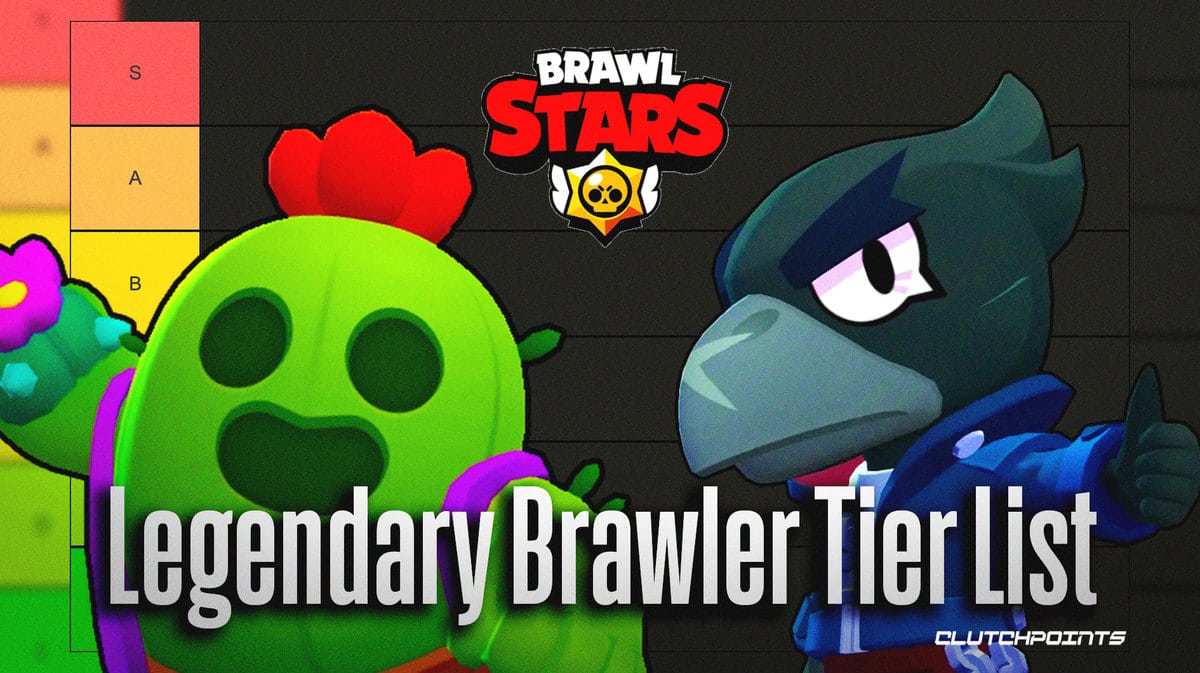Assassin's Creed is Ubisoft's pride and joy, the studio's most successful franchise and the game series that has made them loved by fans all over the world. However, it hasn't always been sunshine and butterflies for the series, with the tumultuous period of Unity and Syndicate where good gameplay and story are ruined by unacceptable bugs and glitches, and the general fatigue players had with the open-world RPG trilogy of Origins, Odyssey, and Valhalla. Ubisoft aims to revitalize and earn back fan approval with Assassin's Creed Mirage, a game that Ubisoft described as a celebration of fifteen years of Assassin's Creed, which is clearly reflected in the game's design, from its setting to gameplay elements. In this Assassin's Creed Mirage review, we will talk about whether or not Ubisoft achieved this objective and if they did, if this direction really is the best to take for the series moving forward.
Assassin's Creed Mirage Review: What is Assassin's Creed Mirage?
Assassin's Creed Mirage is an open-world action-adventure game with RPG elements and a strong emphasis on stealth and parkour traversal. It's developed by and published by Ubisoft. The game was released on October 5, 2023, on PC through the Epic Games Store and Ubisoft Connect, as well as on PS4, PS5, Xbox One, and the Xbox Series X. Assassin's Creed Mirage comes in both Standard and Deluxe Editions, with the Standard Edition retailing for $50 and the Deluxe Edition for $60, which contains Prince of Persia-themed weapons, outfits, and cosmetics. Pre-ordering the game gives players access to the DLC quest The Forty Thieves, which pits Basim against the Forty Thieves based on the folk tale Ali Baba and the Forty Thieves.
The game follows the early days of Basim Ibn Ishaq, an assassin that players encountered in the previous Assassin's Creed game, Valhalla, in which he played a major role. The game explores Basim's initiation into the Assassin Brotherhood (here referred to as the Hidden Ones) in 9th century Baghdad, as well as the brotherhood's attempts to thwart the plans of the powerful Order of the Ancients, a group of powerful individuals who work behind the scenes and control almost every aspect of life in the Abbasid Caliphate.
Assassin's Creed Mirage Gameplay
AC Mirage successfully evokes older Assassin's Creed games with its setting and gameplay design. As a long-time Assassin's Creed player, I'd describe the gameplay for Mirage to be somewhere between Brotherhood and Revelation, with the game's setting evoking a lot of the first game with Altair, and dashes of the subsequent games here and there. It implements a skill tree system similar to the RPG trilogy, with skill points earned through story progression rather than leveling up, making the skill tree system less grindy. It has tools that evoke Ezio's trilogy. It also has the Black Box set pieces that Unity was most praised for. Finally, the gameplay loop really revolves around what Ubisoft describes as the “Three Core Pillars” of Assasin's Creed gameplay: Stealth, Assassination, and Parkour. Gone are the days of open-world exploration and clearing out camps of soldiers for completion rewards and experience points, although Mirage still offers a plethora of collectibles for players to seek and find.
As to how all of these different gameplay mechanics gel together as a coherent whole, it does a great job of having different elements stick together well into a polished package. However, as a player who has played through the series and actually enjoyed the evolving gameplay of Assassin's Creed throughout the years, including the admittedly grindy but still fun RPG trilogy, I can't help but feel that Assassin's Creed Mirage took one step forward and two steps back.
I appreciate Ubisoft's effort in including a core element of each era of Assassin's Creed into Mirage, but due to the nature of the game, they had to tone down these elements to make sure that Mirage isn't a bloated mess. While this formula works and makes Assassin's Creed Mirage fun to play overall, it's still easy to see how shallow some of these gameplay elements have become just so they could fit into the game. Some, not all. While I appreciate the game's departure from the level-based progression in favor of the story-based progression, I still miss Kassandra's and Eivor's fighting prowess; while I love how the game now focuses more on stealth and parkour, I'm a bit disappointed in how little options there are now in executing the game's Black Box set pieces.
Speaking of the Black Box missions, they are perhaps the biggest letdown in the game. Black Box missions, ever since Unity, always allowed players to approach the same mission in different ways, with a plethora of tools and options for them to choose from. While Mirage still offers players different paths towards the completion of these missions, the sad part is that regardless of what path you take, all of these Black Box missions end in the same way and all of the paths converge to the same conclusions and same solutions. This is perhaps due to the limited tools and abilities that are available to Basim in the game, or due to the nature of its Investigations Quest System, which we'll talk about next.
For me, Assassin's Creed Mirage's Investigation System, its quest tracking system, is designed beautifully, a quest tracker that is worthy of emulation for other games. The quest tracker not only allows you to get context about your next objective, but it also gives you a visual representation of the relationships of your targets, different locations, and other characters relevant to the case. The Investigation System is similar visually to the Cult System that players first encountered in Odyssey but also give players different information like locations, clues found relevant to the case, etc. Clues give the player more information that they can use to their benefit in completing their mission, which can be obtained through eavesdropping or by reading documents and looking at contextual objects in investigation areas. The quest system allows players to pick up and leave any of their investigations at any time they wish, which opens up the quest to be completed in any order. This open-endedness perhaps affected the design of the Black Box missions, as it would have been impossible to gate the player based on the abilities and the tools they have access to at the point that they are attempting the Black Box mission, which would have forced the designers to have a low barrier for entry for these missions.
While the options on how these Black Box missions can be done are limited, I still appreciate how fun and fluid it is to execute them. The parkour in the game is fluid although not the best in the series, and combat has been scaled back to the older games to make sure that players will see combat only as a last resort, sticking to stealth first and foremost. However, this entire relationship becomes moot when players realize just how bad the game's AI is. There are instances where I would assassinate a guard right behind another guard, not noticing the assassination at all. This breaks the game's stealth immersion and makes me care less about planning ahead because of how unresponsive the guards are in this game. Furthermore, once players have access to the Smoke Bomb tool, it becomes a very powerful tool that allows players to completely lose the guards on their tail, which means the game punishes you less for mistakes on stealth.
This is a big issue especially since Mirage is supposed to encourage players to perfectly plan their assassinations, which is why the eagle reconnaissance system that started from Origins returns in this game. Players can use their eagle to have a literal bird's eye view of the buildings they wish to penetrate, marking guards and points of interest for them to use. Mirage introduces a Marksman in the game, which Basim has to eliminate first before he can use his eagle Enkidu, lest the bird only gets shot down by the Marksman with an arrow.
Doing various crimes in the game increases Basim's notoriety, which is tiered with three levels. Do enough crimes and you'll reach the first level, and guards will start recognizing Basim's face even if he isn't doing anything illegal. On the second level, Marksmen will be posted on towers and on rooftops, and guards become more familiar with Basim's face; sometimes civilians would recognize Basim and report him to guards. On the third level, guards will actively search for Basim, and an elite kind of hunter guard starts tracking down Basim to eliminate him. The game offers multiple ways to lower Basim's notoriety, although, for me, this system has only become a bothersome mechanic that makes me spend time ripping off wanted posters and bribing officials. It does encourage a more stealthy approach toward missions as being caught less leads to less notoriety, but overall I feel that the notoriety system is nothing but a hindrance that slows down the game.
Thanks to the game's more streamlined approach, Assassin's Creed Mirage feels smooth and polished on the PS5, although we did experience the occasional slow down and frame rate drops on PC. We played through the entire main campaign of the game and spent some time searching for collectibles for this AC Mirage review and for our guides and encountered no bugs at all, although we did see some of our contemporaries complain about bugs and glitches that hindered them from finishing some missions. This feels like the most polished Assassin's Creed game at launch for the longest time, but we still expect a Day One patch to fix a couple of issues here and there.
Assassin's Creed Mirage Graphics
Assassin's Creed Mirage isn't a technical marvel, but it does a great job of portraying the lively and colorful city of Baghdad in the middle of the desert dunes and plains. The game uses the same engine as Valhalla, so expect to see the same animations and the same detail in models and assets. However, what makes Mirage shine is its coherent and vibrant art direction, which did a great job of enlivening what could have been a drab and dull location into something that is full of life and energy.
Assassin's Creed Mirage Story
Mirage's story ties the loose ends of Valhalla's overarching plots, although knowledge or background of Valhalla isn't necessary to enjoy this game. It does enrich the player's journey more if they have prior experience on who Basim is and the role he played in the previous game, but Mirage's story stands on its own and tells a compelling if formulaic story of revenge and redemption. There's nothing special with Mirage's main campaign story, although it is told well enough with good pacing and narrative that one wouldn't mind going through it.
Assassin's Creed Mirage Music and Sound Design
Ubisoft did a great job in using modern Iraqi and Arabian music in creating the sounds and tracks for this game. I also take it for granted sometimes, but Ubisoft is a leader in ambient sound design, with the streets of Baghdad always filled with ambient music, idle chatter, merchants calling for customers, town criers proclaiming the latest happenings in the Caliphate, as well as animal grunts and cries. Even though the game doesn't feature NPCs with definite lives and daily schedules as one would find in games like Skyrim and Red Dead Redemption, Baghdad feels like a lived-in city because of these ambient sounds.
My only complaint with this game's music and sound design is how sometimes music just abruptly changes with very little to no transition when the player character's condition changes: high bitrate music suddenly disappears when Basim manages to avoid detection, with the music suddenly changing to a more serene tune. The battle music also just suddenly drops when Basim deals the final blow to a guard, with the music suddenly changing back again to a serene tune. This sometimes takes me out of immersion, so I hope that Ubisoft gets to fix that in a future patch.
Verdict: Is Assassin's Creed Mirage Worth Your Time and Money
Overall, we enjoyed our time playing Assassin's Creed Mirage, although the way some gameplay elements have been watered down just so they can be included in the game hampered our enjoyment by a little. Knowing the full potential of these gameplay elements from previous titles, we know just how much they could contribute towards the overall experience of a game. Still, Assassin's Creed Mirage successfully evokes nostalgia and brings you back to “the glory days” of Assassin's Creed as a more linear, streamlined experience, that has a lot of the fat trimmed out. It finally feels like a game that players can actually finish, unlike the bloated mess that Valhalla was before it which felt endless and unnecessarily grindy. For old-school Assassin's Creed fans, there is a lot of joy to be had in this return to roots, although those who joined the Assassin's Creed series later down its lineage might find the game a little bit too old-school for their taste.
Score: 7.5/10
Editor's Note: ClutchPoints received PS5 and PC review copies of Assassin's Creed Mirage to allow us to cover the game. These copies did not, in any way, affect this Assassin's Creed Mirage review and score.
Stick around for more Assassin's Creed Mirage content like news, updates, and guides, only here on ClutchPoints Gaming. You can also subscribe to our gaming newsletter to receive our weekly updates on the latest and the most trending articles in gaming and esports.









